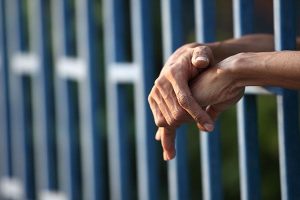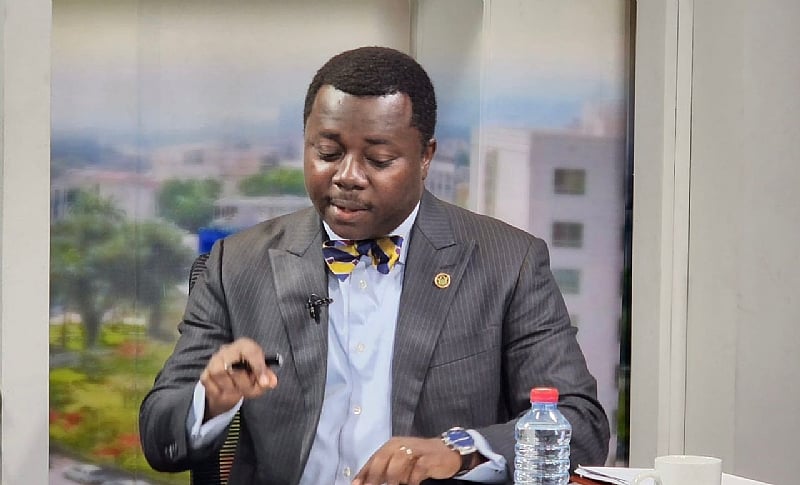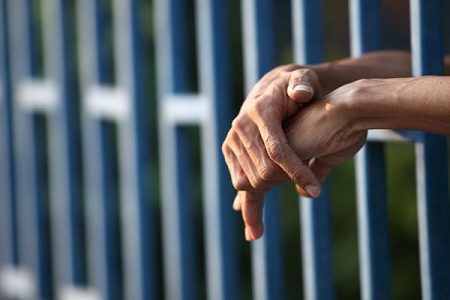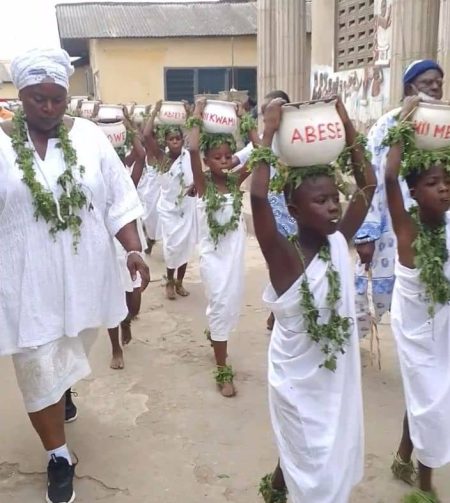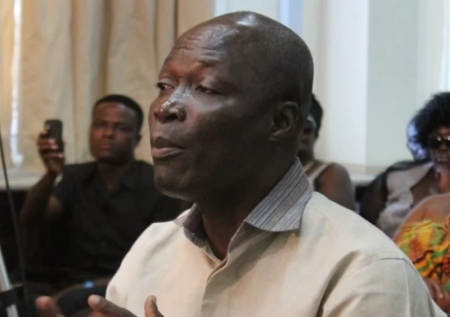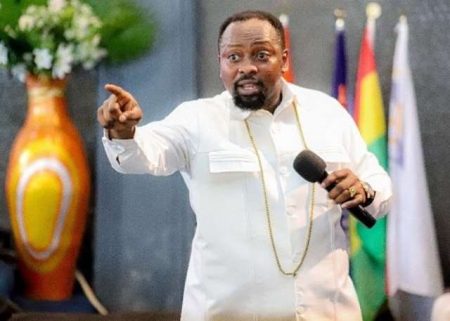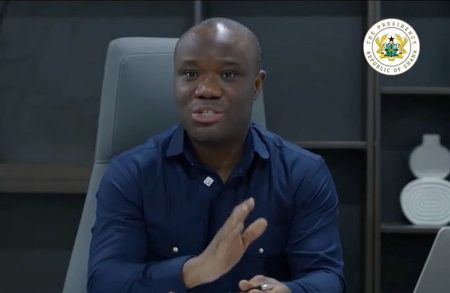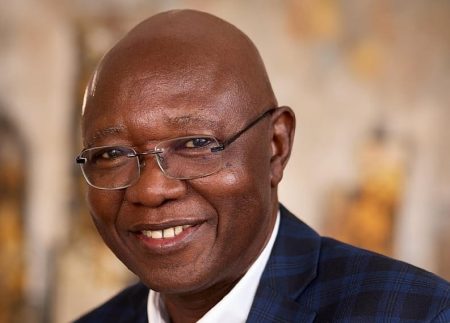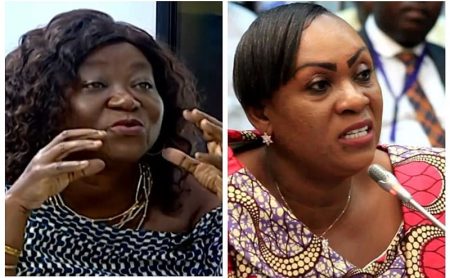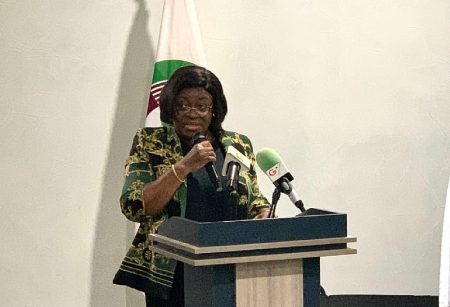The Ablekuma North parliamentary by-election, held on July 11, 2024, saw the National Democratic Congress (NDC) wrest control of the constituency from the New Patriotic Party (NPP) after a 28-year reign. While the NDC celebrated their victory, the election was overshadowed by a wave of violence and intimidation, primarily targeting NPP members, journalists, and voters. This has sparked accusations of government complicity in the orchestrated chaos, with fingers pointed squarely at the ruling NDC.
Reverend John Ntim Fordjour, the Ranking Member on Parliament’s Interior Committee and MP for Assin South, has been particularly vocal in his condemnation of the government’s alleged role in the violence. He argues that the government’s inaction, notably the lack of arrests despite the availability of video evidence documenting the attacks, speaks volumes about their tacit endorsement, if not outright sponsorship, of the NDC’s actions. He contends that this silence emboldens political vigilantism, a dangerous trend that could undermine Ghana’s democratic progress and pose a significant threat to national security.
Rev. Ntim Fordjour points to the deliberate mobilization and incitement by known NDC officials, such as Malik Basintale, as clear evidence of a coordinated effort to disrupt the electoral process through violence. He alleges that these individuals used social media platforms to rally supporters, urging them to descend upon Ablekuma North, a call that ultimately resulted in widespread mayhem and attacks on NPP members and observers. The targeted nature of the violence, focusing on specific polling stations where NPP influence was strongest, further underscores the premeditated nature of the attacks, according to the MP.
The alleged violence during the Ablekuma North by-election raises serious concerns about the state of democracy in Ghana. If the government is indeed complicit, as Rev. Ntim Fordjour claims, it sets a dangerous precedent, signaling that political violence is an acceptable tool for achieving electoral gains. This could embolden other political actors to employ similar tactics, creating a climate of fear and intimidation that undermines the integrity of the electoral process and discourages citizen participation.
The lack of arrests and prosecutions in the face of compelling video evidence further erodes public trust in the rule of law and reinforces the perception of impunity for those connected to the ruling party. This perceived bias in law enforcement can have far-reaching consequences, undermining the legitimacy of the government and fostering a sense of injustice among the population. It creates a two-tiered system of justice where those aligned with the ruling party are shielded from accountability while others are subject to the full force of the law.
The long-term implications of such political violence are deeply troubling. If left unchecked, it can spiral into a cycle of retribution and escalating violence, threatening the stability and security of the nation. It can also discourage political participation and undermine the very foundations of democracy. Therefore, a thorough and impartial investigation into the Ablekuma North violence is crucial to ensuring accountability and preventing further incidents of political violence in future elections. The government must demonstrate its commitment to upholding the rule of law and protecting the democratic rights of all citizens, regardless of their political affiliations.



